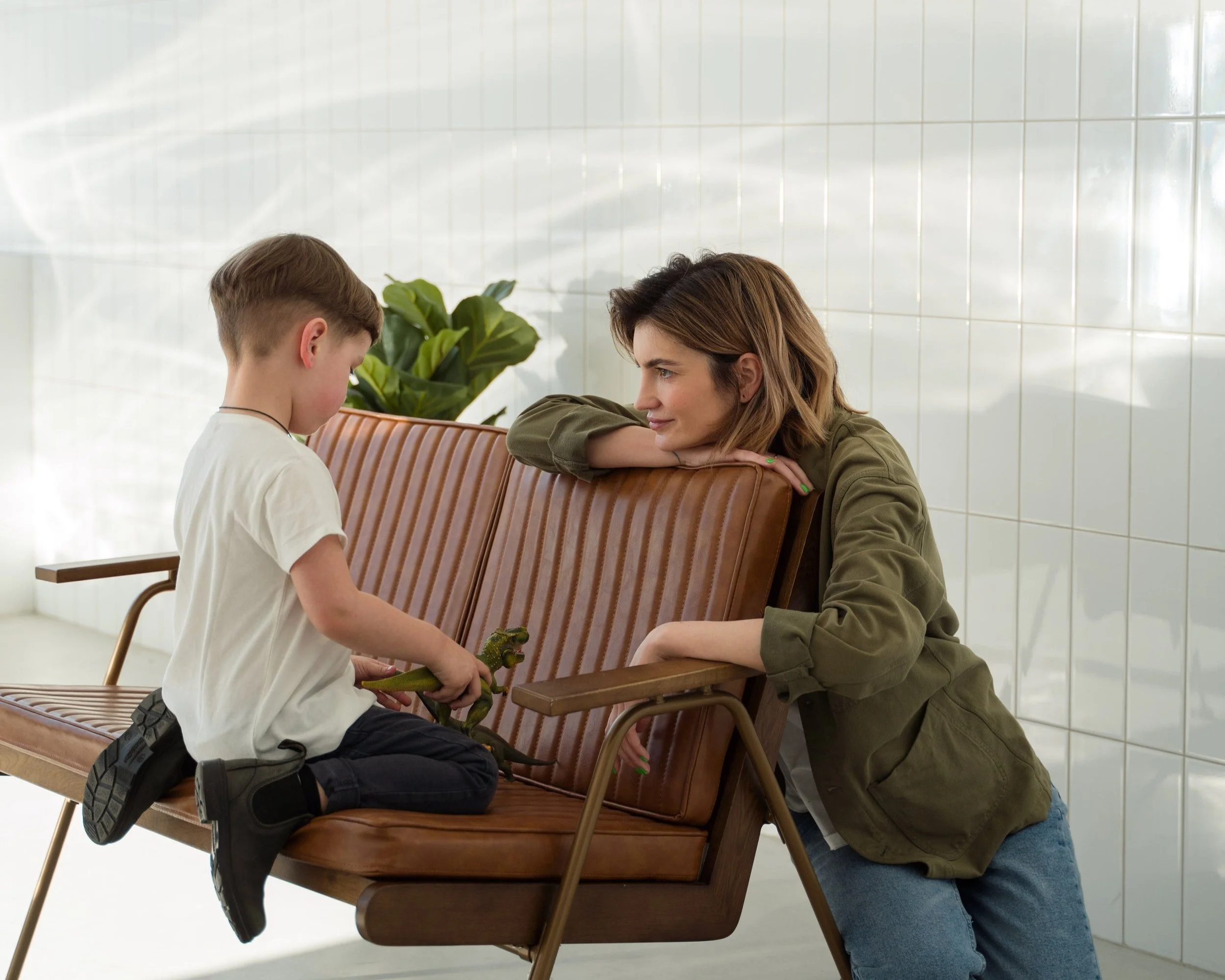THE SILENT STRUGGLE OF MILLENNIAL MUMS RAISING KIDS IN A DIGITAL ERA
By Nicole Fuge
When I was growing up, we had one TV in the lounge room and no devices in our pockets. If you wanted to talk to someone, you called their landline. It was slower. Simpler. It felt like childhood had more space.
Now I’m raising two children in a completely different world; one driven by notifications, algorithm-fed feeds, and digital connection. Let’s be honest, many kids these days know how to navigate an iPad before they can write their name.
And quietly, I struggle with it. Because while I try to give my kids the wholesome, imaginative childhood I had, one filled with cubbies, backyard adventures and books before bed, I also know that tech isn’t going anywhere. This is their world. Their future will be shaped by how well they can navigate digital spaces. Denying them access feels unrealistic. But handing it over without boundaries? That feels irresponsible.
What THE Experts Say…
Dr Jean Twenge, psychologist and author of iGen
In her TEDx talk, Dr Twenge addresses the challenges of raising children in a world of constant connectivity, acknowledging the fact that modern parents are the first generation trying to raise kids without having a model from their own childhoods to guide them.
When it comes to tech, this is her recommendation.
“Delay giving your kid any electronic device of their own (tablet, phone, laptop) as long as possible, delay giving them a smartphone (an internet-enabled phone) until they get their driver’s license, and delay social media until age 16. Of course, that’s not always easy.”
If your child already has a smartphone and uses social media, Dr Twenge says it’s not too late to “put the genie back in the bottle”.
“If your kid changed for the worse after they got a smartphone, replace it with a phone without internet access (or no phone at all). If their social media use has become a problem, what you do next depends on their age. If they’re 15 or under, delete the apps and block app downloads using parental controls. Kids 15 and under just aren’t ready for the pitfalls and pressures of social media,” she says.
“If they’re 16 or older, have them pick one social media app and then set a limit on the hours a day they can use it (one hour a day is enough for most). Not sure about whether you have the courage to do those things? Just remember how often your own parents said no when you were growing up ... you’re in charge.”
Dr Shimi Kang, psychiatrist and author of The Tech Solution
Dr Kang says it’s important to teach children that screens do not belong everywhere, “Parents should indicate certain screen-free zones, such as dining table, bedroom, study room, and prayer areas, so that children can indulge wholly on the family time.”
She also says that striking a healthy balance between tech use and other activities is crucial for children of all ages.
“As per the American Academy of Child and Adolescent Psychiatry (AACAP), toddlers under 2 years of age should only be allowed to use screens for occasional video calls or watching educational programs under an adult supervision, while those between 2-5 years should only be allowed to watch non-educational content 1 hour per weekday and 3 hours per a weekend day. Whereas, children aged 6 years or older should only have 1-2 hours of screen time per day.
“The prefrontal cortex of a child is not fully mature until they are about 25, making it difficult to self-regulate and rationalise the loss of tech. Which is why knowing how to sensibly tackle tech use, addiction, and withdrawal is important for both parents and teachers, so that they can create sensible limits, a balanced environment, and take a compassionate approach.”
You’re Doing Better Than You Think
So if you’re navigating this social-first world with a head full of nostalgic memories and a heart full of worry, you’re not alone.
We’re the first to parent in this space. The first to make peace with handing our children a digital future while holding tight to the parts of the past we loved most. And that’s no small thing.
This isn’t a cry for a screen-free childhood. It’s a quiet wish for a slower one… one where connection is still sacred, where play still matters, and where we don’t lose ourselves in the noise of what everyone else is doing.
Because even in a hyperconnected world, I believe in raising kids who know how to pause, and mums who give themselves permission to do the same.
MUSE PAPER
ISSUE 05
